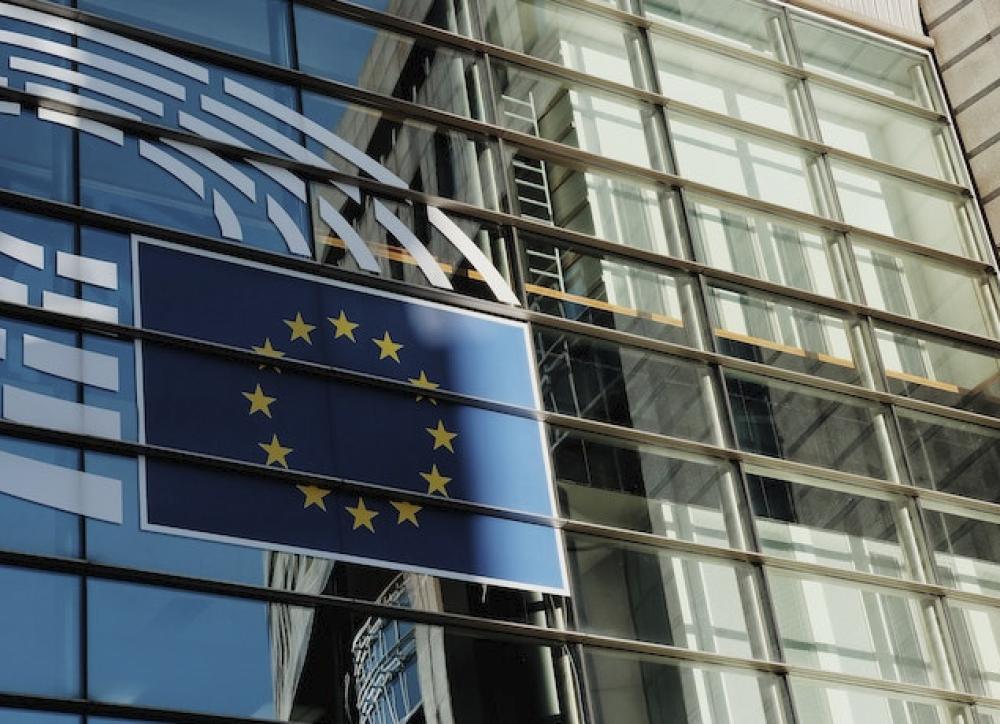22 August 2022 — News
Statement

Clear and pragmatic sustainability reporting standards will be paramount to achieving the EU Green Deal’s ambitions and help turn Europe into the first climate neutral continent by 2050. As the umbrella organisation for 1 million professional accountants, we provided our feedback to the first set of draft European Sustainability Reporting Standards (ESRS) issued by the European Financial Reporting Advisory Group (EFRAG) Project Task Force on ESRS. We have also sent a letter to Commissioner McGuinness outlining our main comments.
The significance of the Corporate Sustainability Reporting Directive (CSRD) mandating ESRS cannot be underestimated. For years, we have called to align the patchwork of voluntary standards that companies have been using to report on sustainability topics. See our statement welcoming the CSRD.
We highlight key points on our ESRS feedback below.
We strongly encourage the European Commission and its technical advisor EFRAG to seize the opportunity of the CSRD to work with the International Sustainability Standards Board (ISSB) and the Global Reporting Initiative (GRI).
We believe these parties should focus on aligning their standards to facilitate comparability and analysis, improve transparency and minimise reporting burden. See also our responses to the ISSB’s General Requirements and Climate Disclosures Exposure Drafts (July 2022).
We fully support the double materiality approach as impacts to people and the environment and enterprise value are interlinked.
To be effective, standards should be simple and clear. Companies should be able to operationalise them by establishing simple internal processes, which are the backbone of reporting, assurance and enforcement. On this, we strongly advise EFRAG to:
The CSRD requires a phase-in approach for applying standards, including a 3-year relief on value chain reporting. EFRAG should adopt a smart phasing-in approach, starting with the critical disclosure requirements that capture transformations of business models. Gradually, EFRAG should add disclosure requirements to comply with EU legislation and then sector-specific ones. Only after that, it should expand requirements to value chain disclosures.
The ESRS’ legitimacy will heavily depend on a robust due process. The climate crisis is accelerating and after decades of inaction there is no time to waste. However, speed should not come before quality and due process. Instead, to move fast, we should remember that ‘less is more’ and ‘less is fast’. Focus first needs to be on a few critical indicators that show whether, and how, businesses adapt. This will be faster and more effective than rushing the development of an exhaustive compliance machinery.
See all Accountancy Europe’s work on sustainability reporting & sign up for our monthly newsletters on sustainability .